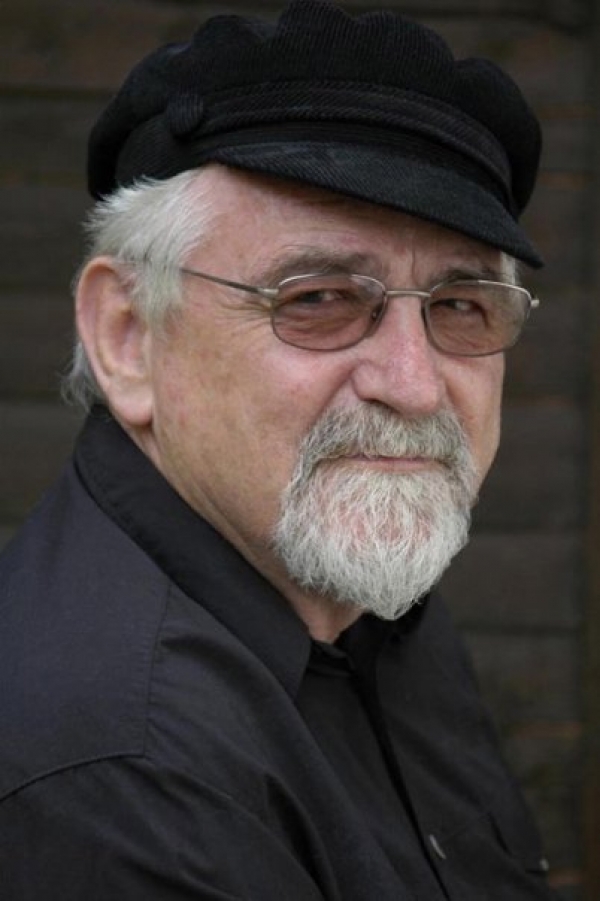The cost of death for the living

We, as a nation, are deeply in debt. And that is very worrying, with declining disposable incomes the rising costs of living and with another festive season fast approaching. Government admits that many households are drowning in debt”. So the plea is for citizens to save more and to retain pensions rather than cash in existing provisions.
The encouragement to save and to retain pensions concerns mainly wage earners, so I did some research.
What I found was surprising: we, in South Africa, seem to spend a great deal more time and money preparing for death rather than for life; that funeral policies are the major insurance products purchased. Most South Africans, it seems, see provision for funerals as a priority.
It is not because we accept the inevitability of death; it seems that most families feel compelled to endure the massive expense that most modern funerals entail. And funeral costs have risen faster than inflation and have driven many families into desperate debt. This awareness has also made funeral insurance a major factor, especially for low income households. Yet the payouts from such policies often prove grossly inadequate to meet the final costs. And so money is borrowed. From banks, friends, family and the mashonisas.
With the exception of traditional Jewish and Muslim funerals that take place within 24 hours of death and do not involve elaborate caskets and ceremonies, death has become something of a money-spinning circus. However, it is one that tends to be justified on the basis of traditions. But these actually have their origins in commerce rather than culture.
Most worrying from a labour perspective, is that trade unions have keyed into this carnival of wasteful extravagance. Many unions offer funeral plan deals for members while the National Union of Metalworkers, through its investment company, wholly owns Doves, one of the biggest funeral businesses in the country.
But it is not only the funeral directors that benefit from the popular compulsion to provide increasingly elaborate send-offs for the dear departed; marque rental companies, caterers and even blanket makers and sellers have cashed in. But the idea of placing a blanket or blankets over the casket as it is interred, has no historic or cultural significance. Any more than has the cementing in of the casket in the grave to stop grave robbers removing it for resale. However, these practices add to the bottom lines of the blanket peddlers and cement manufacturers.
It is much the same with most other practices and providers. And even with cremation — still a minority choice — the costs can be substantial.
But there are a variety of other factors that have concerned town planners and environmentalists for years. Bluntly put, cities in particular are running out of land: the dead are making housing space more difficult to find for the living.
But our burial practices are also environmentally unsound. We tend to emulate those in the United States where casket manufacturers are now listed among the top 50 polluters, their products containing toxic glues and non-biodegradable materials that can poison soil and the water table.
These and other, related, issues were brought to the fore this month with the launch of a 30-minute documentary film, Death Matters. It is a focal point of the Death Matters Initiative, headed by Cape Town based Lucienne Kelfkens and linked to the University of Cape Town’s Creating space for change project.
The film, accompanied by discussions about alternatives, is now being shown to communities. It amounts to a perhaps long overdue attempt to change the views of trade unions, communities and individuals about how we should deal with the only inevitability in life.
This is because Death Matters discussions tend to range much more widely than alternatives to traditional burials and cremations. Experience so far reveals that debates about organ donation, blood transfusion and donating bodies to science also feature.
These are discussions that, in some circles, have been almost taboo. But change is necessary. This approach is summed up by Sindiwe Magona an award winning author and teller of traditional Xhosa tales: “It is certainly time we had [such discussions] — and stopped justifying bad practices by belittling the ancestors in the name of fictitious culture.”
The opinions expressed in this article are solely those of the author. No inference should be made on whether these reflect the editorial position of GroundUp. Note: This will be the last Inside Labour column for six weeks.
Support independent journalism
Donate using Payfast

Don't miss out on the latest news
We respect your privacy, and promise we won't spam you.
Next: Life-saving drug stopped by sole supplier
Previous: Bonteheuwel residents and Mayor De Lille trade accusations

This article is licensed under a Creative Commons Attribution-NoDerivatives 4.0 International License.
